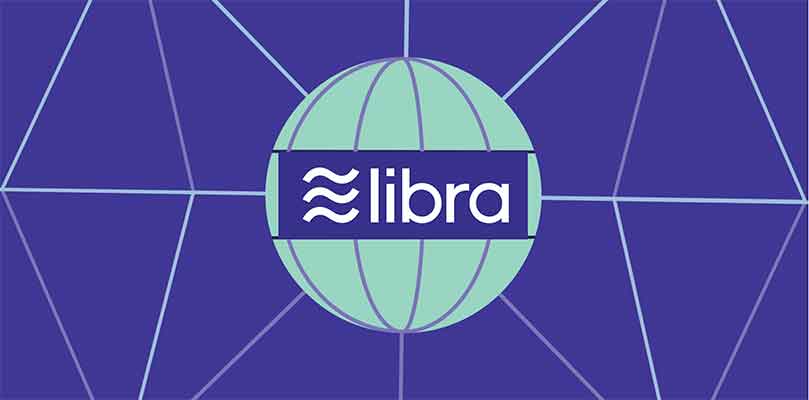A few weeks ago, Facebook Inc. announced it plans to launch Libra, a blockchain-based payment system that the company has described as a new “global currency”. This term may seem very familiar and this is because it has been thrown around especially when describing other digital currencies. However, unlike most, if not all other cryptocurrencies, Libra is actually backed by real assets and is pegged to stable government securities.
As a matter of fact, the project has already partnered with several corporate partners who include global financial companies such as PayPal, MasterCard, Visa and Coinbase among others – each of these companies has contributed at least $10 million for the initiative and Facebook plans to partner with as many as 100 companies and accumulate $1 billion in assets by the time Libra goes live in the first half of 2020.
The Goal
Needless to say, Facebook’s announcement was not like any other digital currency unveiling. This was not just another blockchain and there is a very good reason why. So, unlike other digital currency offerings, Facebook’s new venture aims to bank the unbanked population (1.7 billion people) and this is what makes it such a big deal.
Obviously, providing financial services to such as a scale using relatively new financial technology is definitely no easy task but this is where Facebook’s resources and the members of the Libra Association come in. Putting those into consideration, it is pretty clear that the project was well thought out which is expected of any company that hopes to break the ground on new and innovative ideas.
How It Works
Libra is expected to allow people to purchase goods and services as well as send me to others with almost no fees. Users will also be able to use pseudonyms to buy or cash out their Libra on a number of online platforms or at exchange points such as grocery stores. They will also be able to spend the currency using third-party wallets or Facebook’s Calibra wallet that will be offered using a standalone app and will also be built into WhatsApp and Messenger.
Fortunately, the digital currency and platform offer some form of decentralization since Facebook will not have full control of Libra – just like the other members of the Libra Association such as Uber and Visa, the behemoth tech company will only get a single vote in the governance of the new currency. The Libra association as a whole will be tasked with promoting the open-source Libra Blockchain as well as the currency’s developer platform with its own Move programming language.
Moreover, Calibra, a subsidiary company, is also being launched by Facebook and it will be tasked with handling crypto dealings and protecting the users especially from targeted advertising. To achieve this, the company will ensure that the users’ real identities are not tied to their publicly visible Libra transactions.
